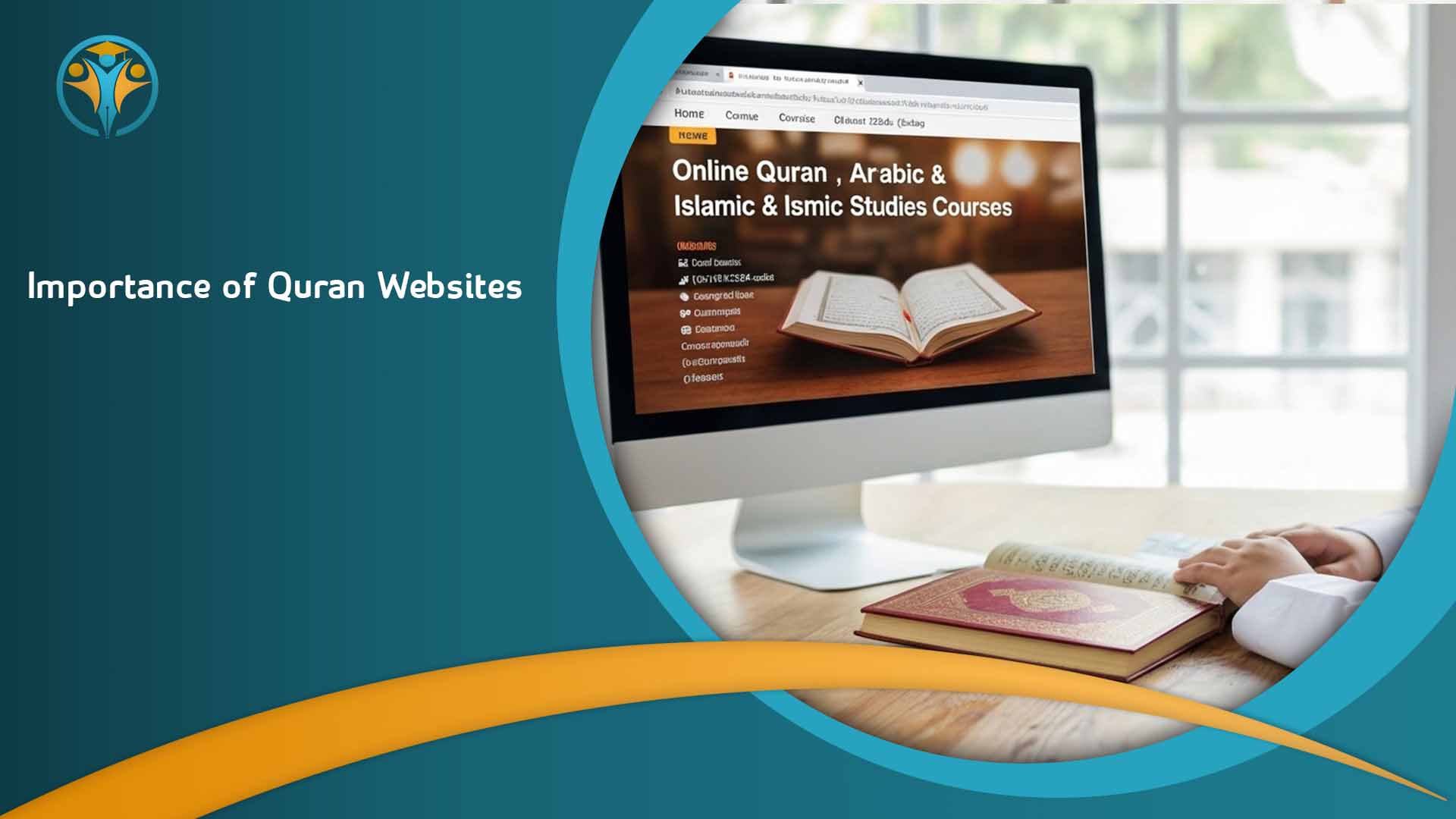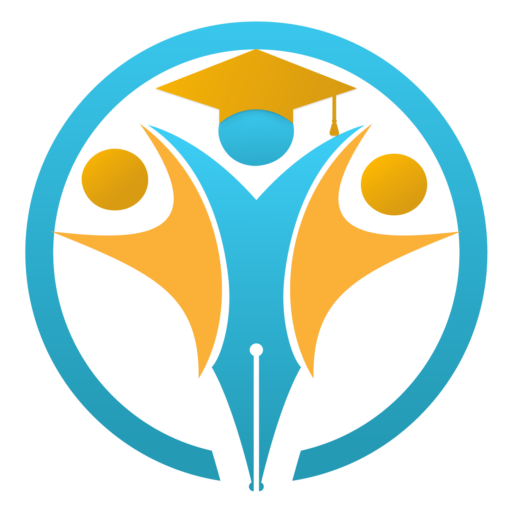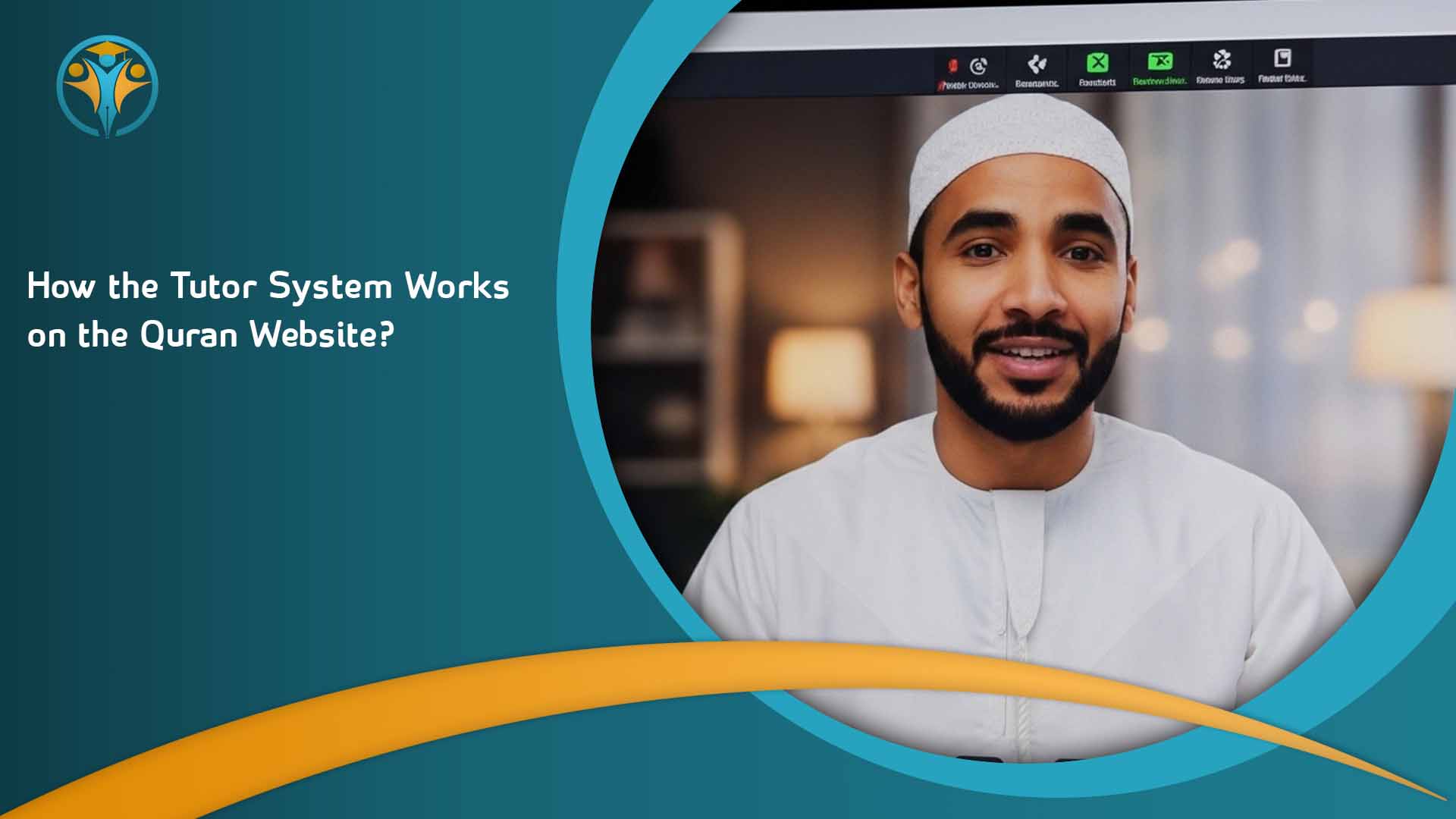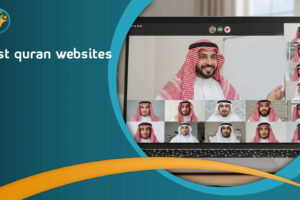
Best Quran Websites for Learning and Recitation Online 2026
Quran website platforms have become essential tools for Quran education in today’s digital age, providing easy and quick access to high-quality Quranic content. Among these platforms, Super Muslim Academy stands out as a leading online Quran website offering interactive lessons in Quran reading, tajweed, and tafsir, guided by experienced tutors dedicated to helping students achieve their spiritual and educational goals.
Through the quran website provided by Super Muslim, learners around the world can benefit from a unique learning experience that blends traditional methods with modern technology, making memorization and understanding of the Quran more accessible and effective.
Importance of Quran Websites

Quran websites have become vital platforms for spreading the teachings of the Holy Quran in today’s digital world. They bridge the gap between traditional Quranic education and modern technology, enabling users to access authentic Quranic content conveniently from anywhere at any time. Through features such as online recitation, translation, and tafsir, these websites offer interactive experiences that deepen users’ engagement with the Quran.
These platforms play a crucial role in preserving the authenticity of Quranic education by providing verified recitations and reliable translations. They also support memorization and tajweed practice through digital tools that offer repetition, listening, and progress tracking. This allows learners to improve their recitation skills even without direct supervision from teachers.
Furthermore, Quran websites promote global Islamic awareness by making the Quran accessible to diverse cultures and languages. They foster understanding, spiritual growth, and unity among Muslims worldwide. By combining traditional learning methods with innovative digital design, Quran websites represent a modern approach to religious education. Ultimately, these platforms serve as essential tools for maintaining the sacred message of the Quran while adapting to the evolving needs of the digital age.
Enhancing User Engagement on Quran Websites
User engagement is a crucial factor in the effectiveness of Quran websites as educational platforms. A Quran website that offers interactive and user-friendly features can significantly improve the learning experience for visitors. Engagement can be enhanced by incorporating elements such as interactive recitation tools, quizzes on Quranic knowledge, and personalized learning paths that adapt to the user’s progress.
Many Quran websites provide static content that limits active participation, making it harder for users to retain information or improve their recitation skills. By contrast, websites designed with interactive functionalities encourage learners to practice tajweed rules, memorize verses, and receive immediate feedback. These features create a more dynamic learning environment that closely resembles traditional Quranic teaching methods.
Moreover, integrating community features such as discussion forums and live sessions with scholars can foster a supportive online community. This social aspect helps learners stay motivated and connected to a wider group sharing the same spiritual goals.
Incorporating modern technologies like artificial intelligence and machine learning can further personalize the user experience by identifying weaknesses and offering tailored recommendations. Ultimately, enhancing user engagement on Quran websites not only improves individual learning outcomes but also contributes to the global spread of authentic Quranic knowledge through accessible and innovative digital platforms.
Features of Quran Learning Software
From the collected software, we selected ten desktop applications, nine web-based applications, and seven handheld applications. These were chosen based on criteria related to the presence of important features for learning the Holy Quran and its sciences. An appropriate form was then designed and used to gather information about the different applications, facilitating the extraction and comparison of their key features.
These features can be summarized and briefly analyzed as follows:
Memorization
Many products support memorization, as it is an essential feature in any Quran software, and use different methods to implement it:
- Repetition: Some products use repetition of recitation as a memorization technique. Repetition can be applied either to a single Quranic verse or to a whole section (set of verses) with a specified number of repetitions.
- Memorization Chart: Some products provide a memorization chart containing different sections to be memorized. This chart is used to monitor and evaluate each user’s memorization progress.
Memorization Tests
Recording, fill-in-the-blank exercises, or word printing have been used in the evaluated products as methods to verify the correctness and quality of memorization:
- Recording: Users can verify their memorization by recording their recitation and then listening to it for self-correction.
- Fill in or Printing: A Quranic verse or section is shown for a specified time before the user is asked to fill in blanks or write some words or the entire section to verify memorization. Users cannot skip any word without being sure of its spelling.
Users and Roles in the E-Halaqat System
The e-Halaqat system on this Quran website is designed around four main types of users: learners, parents, tutors, and supervisors. Additionally, the system administrator acts as a fifth type of registered user. To ensure efficiency and flexibility, roles and responsibilities are distributed hierarchically. The administrator manages supervisors, supervisors manage e-Halaqat and their tutors, and tutors directly engage with learners. This clear hierarchy supports smooth operation of the Quran website and enhances user experience.
Learners are the primary target group and can be divided into two categories based on age: adults and children. Age plays a key role in determining access rules on the Quran website, as some features for children are only accessible through their parents.
Registration is handled differently depending on age groups:
- Adults who meet the minimum age defined in the e-Halaqat settings can register themselves online through a dedicated page on the Quran website.
- Children below this age must be registered by their parents via a parent portal on the website.
In both cases, the Quran website collects personal information along with specific parameters for the teaching method. Quran memorization within the e-Halaqat system requires setting a daily memorization target starting from a particular point in the Quran. This can be measured either by verses or by pages of the Quranic Mushaf, with pages preferred for easier navigation and review. As learners progress, the Quran website also supports a revision program to help improve the quality of memorization.
Thus, the e-Halaqat system on the Quran website provides a structured, user-friendly environment tailored to support learners effectively throughout their Quranic studies.
Learners’ System on the Quran Website
Once a learner logs into the Quran website, they are redirected to the memorization and revision section, which offers a variety of useful options. Adults can browse and update their personal profiles, track their performance over time through charts showing the number of sections memorized, errors made, memorization duration, and can print their progress reports.
When a memorization or revision section is selected, the corresponding pages of the Holy Quran (Al-Mashaf) are displayed. Using the Mushaf pages helps learners recall the shape and position of verses, which facilitates memorization.
While studying, learners can listen to ideal recitations by famous Quran reciters stored on the system, either for individual verses or a range of verses. These recitations can be repeated as many times as needed. Additionally, learners can highlight any verse to access detailed information about tajweed rules, similarity (tashabouh), reasons for revelation (nuzoul), tafseer, and grammatical analysis (erab).
After listening or reciting, learners can test their memorization by recording their recitation. The pages then disappear to allow memorization testing. Upon ending the recording, the pages reappear for verification in two ways:
- Self-Verification: Learners listen to their recording, compare it with the reference, and identify mistakes.
- Automatic Verification: The system uses speech recognition technology to follow and correct recitations automatically. This advanced feature is under development, supported by a speech database of Quranic recitations and statistical models like Hidden Markov Models, achieving high accuracy rates.
This system provides a comprehensive and interactive experience for Quran learners on the website.




